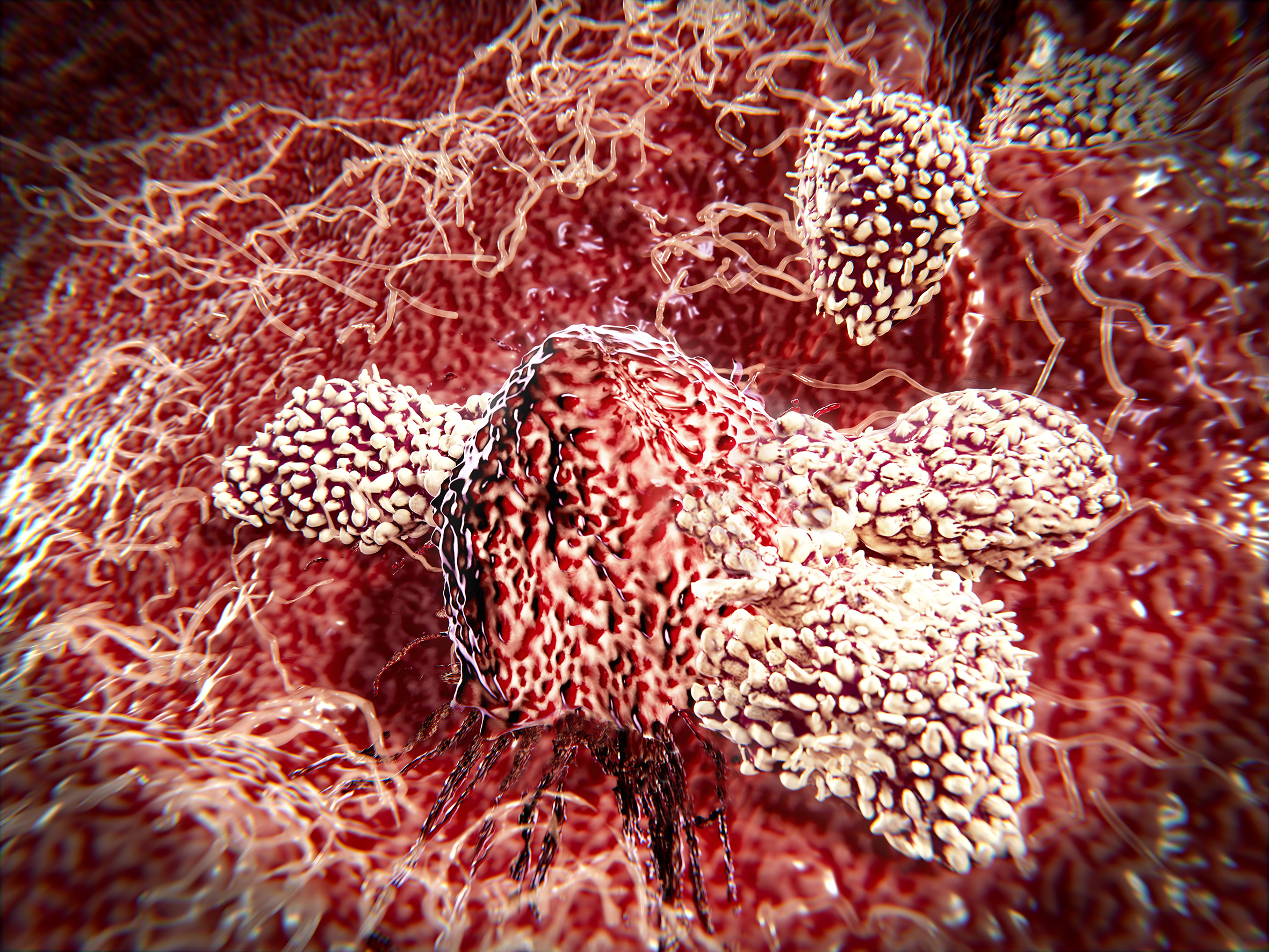Chinese CAR-T results offer hope of myeloma cure

This year’s ASCO conference has plenty of data from the CAR-T therapy contenders - but little known Chinese biotech Nanjing Biotech looks to have trumped all the established firms.
Nanjing’s therapy targets B-cell maturation protein (BCMA) in refractory multiple myeloma has produced spectacular results, so far producing a lasting remission in 14 out of 35 patients in the small-scale trial.
This CAR-T differs from most of its rivals, which target the CD19 protein.
Nanjing’s data comes from an early trial involving 35 patients with relapsed or treatment-resistant (refractory) multiple myeloma in a phase 1 trial.
But the objective response rate – a defined level of tumour shrinkage – was 100% and 33 (94%) of patients had an evident clinical remission of myeloma.
So far 19 patients have been followed for more than four months, a pre-set time for full efficacy assessment set by international experts.
Of the 19 patients, 14 have reached stringent complete response (sCR) criteria, one patient has reached partial response, and four patients have achieved very good partial remission (VgPR) criteria in efficacy.
There has been a single case of disease progression from partial response – and side effects seem to be manageable.
The dreaded cytokine release syndrome – a common and potentially dangerous side effect of CAR-T therapy – occurred in 85% of patients.
But effects were transient and only two patients experienced severe CRS (grade 3) but recovered upon receiving Roche’s Actemra to combat inflammation.
"Although recent advances in chemotherapy have prolonged life expectancy in multiple myeloma, this cancer remains incurable," said study author Wanhong Zhao, MD, PhD, an associate director of haematology at The Second Affiliated Hospital of Xi'an Jiaotong University in Xi'an, China.
"It appears that with this novel immunotherapy there may be a chance for cure in multiple myeloma, but we will need to follow patients much longer to confirm that."
There were no signs of any neurologic side effects, another common and serious complication from CAR-T.
New trial data send bluebird soaring
All of the 15 evaluable patients in active dose cohorts in bluebird’s trial in relapsed or refractory multiple myeloma trial achieved an objective response, with overall response being 89% across all cohorts.
Among evaluable patients, 73% achieved a very good partial response, with a 27% complete response rate across all cohorts.
The trial is investigating bb2121, an investigational CAR-T therapy bluebird is developing in partnership with Celgene, in heavily pretreated patients.
All had previously received Celgene’s Revlimid (lenalidomide) and Janssen’s Velcade (bortezomib), and some had been treated with up to five previous drugs including Janssen’s Darzalex (daratumumab).
Safety data was thin but bluebird said there were no “dose-limiting toxicities” observed. The data send the company’s shares up 8.5% on the Nasdaq, to $91.3.
Juno shares fall after new CAR-T safety scare
But new data from its CAR-T rival Juno sent shares sharply down by 10%, to $23.4. Also partnered with Celgene, Juno abandoned development of its lead CAR-T therapy JCAR015 in acute lymphoblastic leukaemia after five trial deaths.
The reason for the fall was that although Juno presented promising efficacy data for its JCAR017 in refractory CD19+ aggressive non-Hodgkin Lymphoma, there was one death on the 71-patient trial.
Juno said the death followed diffuse damage to lungs related to fludarabine, cyclophosphamide and JCAR017 treatment, in an 82 year-old patient who refused mechanical ventilation for progressive respiratory failure.
The patient was neutropenic on growth factors and broad spectrum antibiotics and antifungals.
Juno did its best to downplay the safety issue. But investors clearly feel the deaths last year, two of which occurred after a trial was quickly restarted, have damaged Juno’s reputation.
Kite Pharma, which has axicabtagene ciloleucel CAR-T under review with the FDA, said it plans a phase 2 trial of the therapy in relapsed acute lymphoblastic leukaemia at a lower dose, beginning in the fourth quarter. Novartis also has its CTL019 CAR-T inder review with the FDA in diffuse large B-cell lymphoma.











